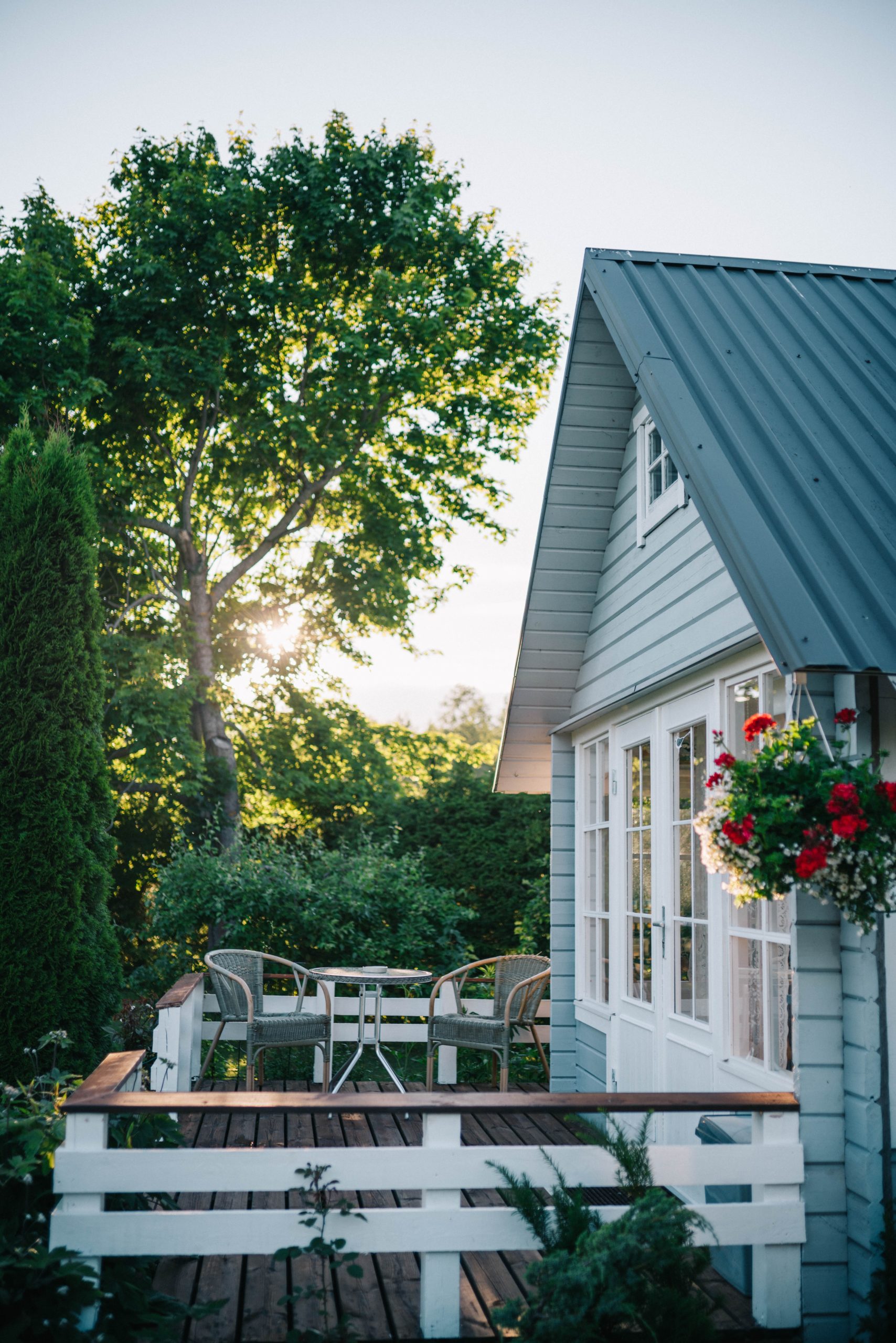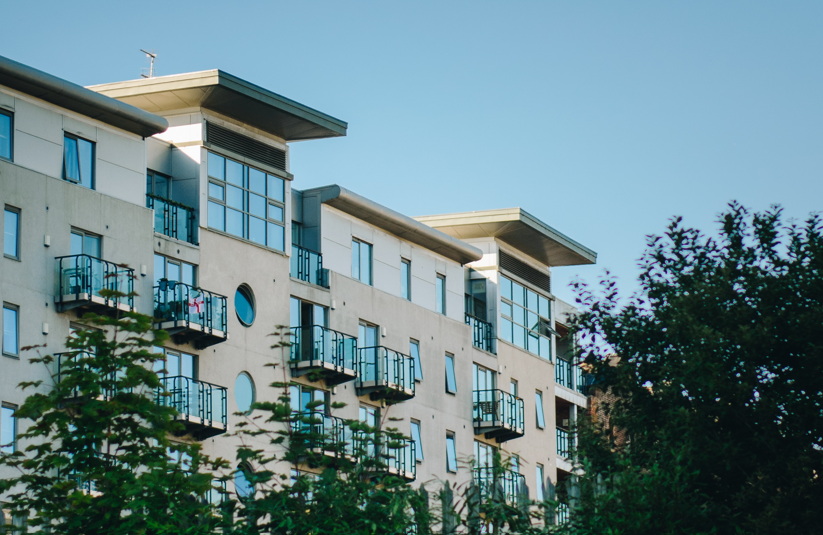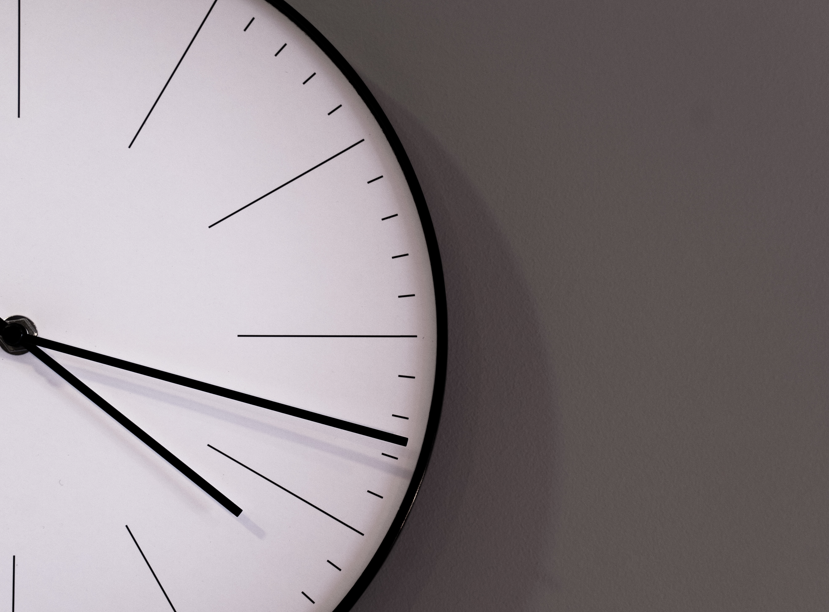I own a cottage that I am considering selling in the next year or two. It was purchased in 1998 for $100,000 but now appraised at $600,000. How much tax would I have to pay as a result?
By Olev Edur
The amount of tax you must pay on the disposition of a cottage depends on a few key factors.
Firstly, I will presume that you also own a home in which you live, and which therefore can be sheltered from tax with the principal residence exemption (PRE); if not, and you use the cottage as a residence at any time during the year, you might be able to shelter it from tax entirely with the PRE.
Secondly, the tax bill on the cottage will depend on how much other income you have in the year of the sale. This is because the taxable gain must be added to your other income, and then you pay tax on the total.
Thirdly, only one-half of any capital gain is actually taxable. Since you have not provided information about your current income, I’ll posit an income of $50,000. In this case, and assuming you did achieve that selling price of $600,000, you would have a $500,000 capital gain, of which $250,000 would be taxable, bringing your total taxable income for the year to $300,000.
In your home province of Ontario, that first $50,000 of income would give rise to a combined federal/provincial tax bill of about $10,500 (less any personal tax credits to which you are entitled). The remaining $250,000— that is, your taxable gain—would give rise to additional tax of about $115,000 (note that these are rough figures for illustration only).
Have a question? Write to:
Your Questions, Good Times,
4475 Frontenac, Montréal, QC, 2H2 2S2
goodtimes@bayardcanada.com
Photo by Birgit Loit on Unsplash






